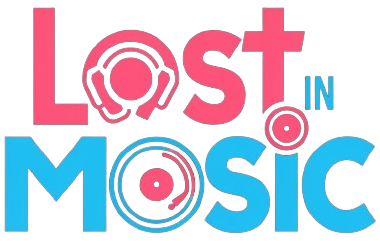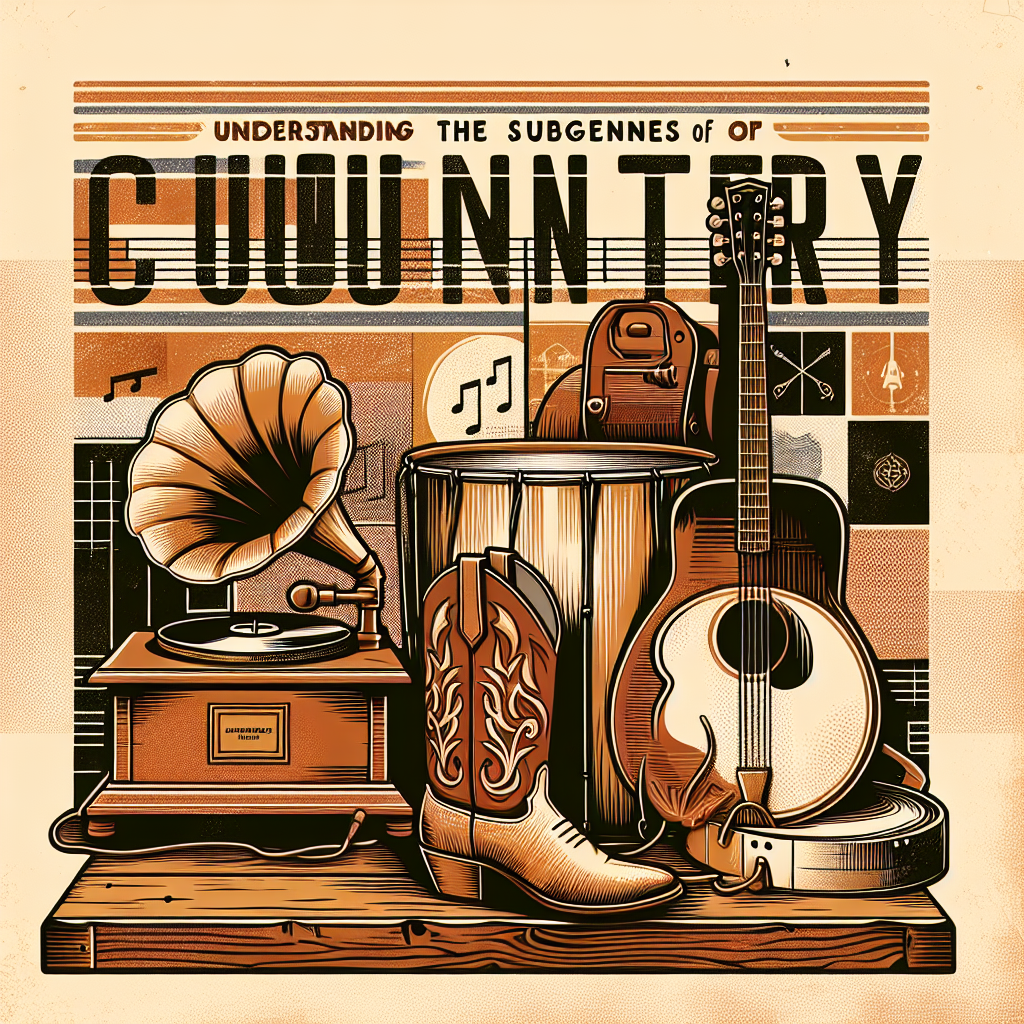Country music, also known as country and western music, emanated from the southern United States in the 1920s. It consists of ballads and dance tunes with simple forms and harmonies that have roots from folk music, Celtic music, gospel music, and old-time music. However, just as the country itself has many nuances, so does the genre of country music. Over the past few years, this music genre has evolved to feature numerous subgenres. To fully appreciate country music, it’s crucial to understand these subgenres, among which include honky-tonk, bluegrass, western swing, outlaw country, and contemporary country.
Honky-Tonk
Honky-tonk, which developed immediately after World War II, was one of the most popular forms of country music. It was rooted in the style of western swing and the ranchera music of Mexico. This subgenre was named after the rowdy bars (honky-tonks) that provided its primary performance venues. Some of the defining artists include Hank Williams, Lefty Frizzell, and Ernest Tubb who captured the hearts of many with their heartbreaking songs about life’s troubles.
Bluegrass
Bluegrass emerged in the mid-1940s, characterized by an upbeat tempo, traditional chords, beautiful harmonies, and instrumental solos on the fiddle, banjo, and mandolin. Bluegrass artists pride themselves on acoustic virtuosity, with legendary musicians like Bill Monroe, known as the “father of Bluegrass,” setting the standard for future generations. Bluegrass continues to retain devotees today and inspires musicians to push the boundaries of instrumental agility.
Western Swing
Western swing originated in the West in the 1920s and 1930s, blending rural, cowboy, polka, and folk with jazz and swing. The style’s pioneers include Bob Wills and the Texas Playboys, Milton Brown and His Musical Brownies. This subgenre is a danceable hybrid of country, jazz, and swing rhythms, distinguished by the extensive use of improvisations and ‘hot’ musical licks.
Outlaw Country
Outlaw country emerged in the 1970s as a reaction to the clean-cut Nashville sound which dominated country music at the time. This subgenre spiced up traditional country with elements of rock, folk, and blues. Willie Nelson, Waylon Jennings, and Johnny Cash were among the subgenre’s most recognizable figures who created their sound away from the corporate country scene, giving birth to the term “outlaw” country.
Contemporary Country
Contemporary country developed in the 1980s and continues to be very popular today. This subgenre incorporated pop and rock elements into traditional country, creating ‘crossover’ hits that appealed to a broader audience. Some leading contemporary country artists include Keith Urban, Carrie Underwood, and Florida Georgia Line.
Conclusion
Country Music’s subgenres have not only furthered the music style but have also helped it achieve crossover appeal. By delving into these subgenres, we understand country music’s complexity and the different forms it has taken over the decades. From the saloon-style honky-tonk to the refreshing revival of bluegrass and the defiance of outlaw country to the mass appeal of contemporary country, the rich tapestry of country music continues to expand, grow, and inspire. There is, indeed, something in country music for everyone.
Frequently Asked Questions
1. What is the Nashville sound?
The Nashville sound refers to a sophisticated style of country music that was popular in the 1950s and 1960s. It incorporated orchestral elements and smooth productions to attract a broader and more urban audience.
2. Who were the key figures in outlaw country?
Considered as the key figures of Outlaw Country are musicians such as Johnny Cash, Waylon Jennings, Merle Haggard, and Willie Nelson.
3. What characterizes contemporary country music?
Contemporary country music is characterized by its blend of country elements with pop and rock music, resulting in more catchy, glossy, and radio-friendly songs.
4. Is Bluegrass a type of country music?
Yes, Bluegrass is a subgenre of country music. Known for its acoustic, instrument-focused style and harmonious vocals, it is deeply rooted in the old-time music of the Appalachian region.
5. Who are some influential contemporary country artists?
Some influential contemporary country artists include Taylor Swift, Keith Urban, Carrie Underwood, Tim McGraw, and Miranda Lambert, among others.




